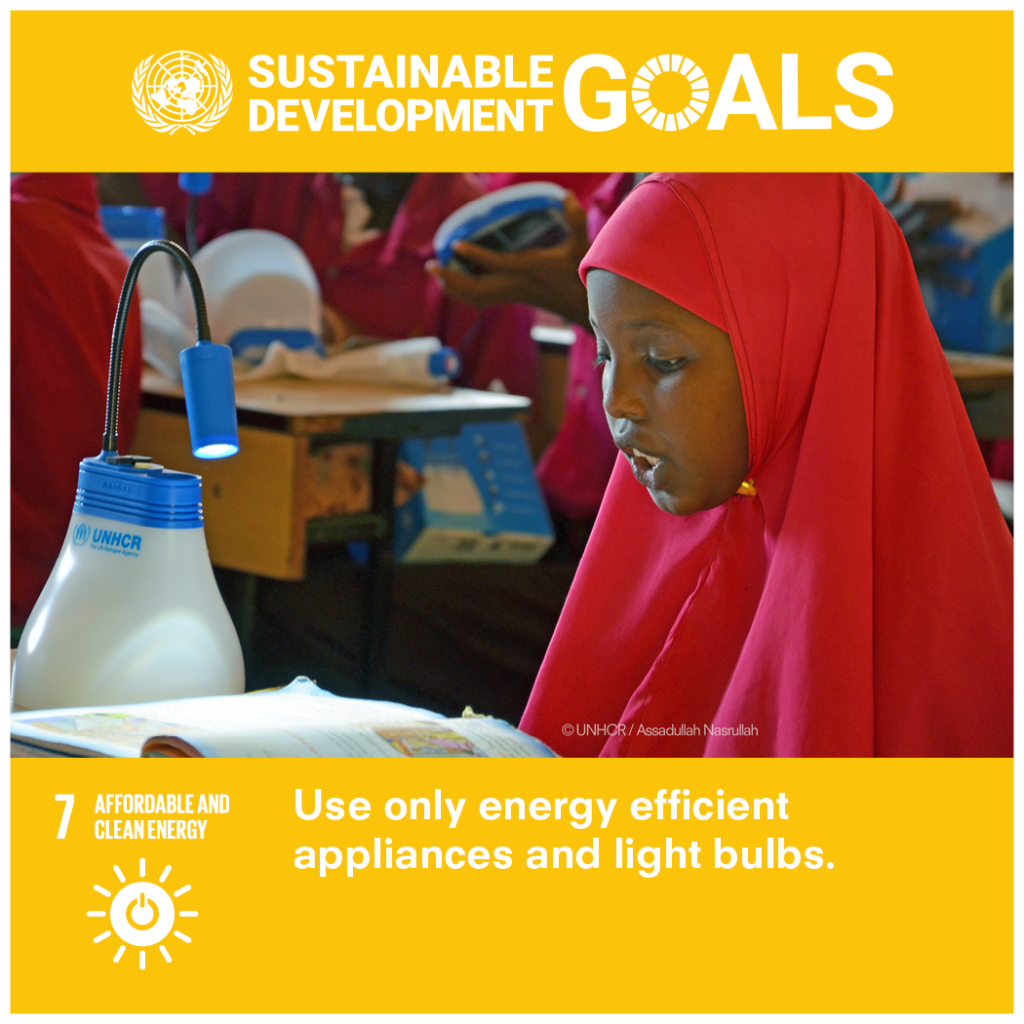It struck me today that there is a problem with shielding. The people that are shielding have no idea how to live in the new socially distanced world. Because they are isolated they have less need to wash hands or avoid touching their face. I wonder how long it will take them to adjust to the new world when the rules are relaxed.
Anyway the SDG for today if number 7 Affordable and clean Energy – “Ensure access to affordable, reliable, sustainable and modern energy for all”.

This one is pretty short on targets. They are:
- By 2030, ensure universal access to affordable, reliable and modern energy services
- By 2030, increase substantially the share of renewable energy in the global energy mix
- By 2030, double the global rate of improvement in energy efficiency
- By 2030, enhance international cooperation to facilitate access to clean energy research and technology, including renewable energy, energy efficiency and advanced and cleaner fossil-fuel technology, and promote investment in energy infrastructure and clean energy technology
- By 2030, expand infrastructure and upgrade technology for supplying modern and sustainable energy services for all in developing countries, in particular least developed countries, small island developing States, and land-locked developing countries, in accordance with their respective programmes of support
There are a number of ways to look at energy production. In this country we tend to think about our electric supply, but the rest of the world doesn’t always live like us. More than half of the world use polluting and unhealthy fuels for cooking. There are a number of ways we can support change in pollution form cooking – one is through carbon offsetting via the gold standard.
One of the areas I worked on involved health in developing countries. Some posh countries were providing high tech gear to developing countries. Unfortunately they needed a lot of very stable electricity, so they tended to sit unused. With coronavirus the UN identified the need to prioritise energy for health clinics and first responders.
One of the good news items is that we need less energy today to produce economic output than previously, however a sad statistic is that for every £ of economic output you need twice as much energy in low income countries as high income countries. A difficult fact is that renewable energy in developing countries puts them at a disadvantage to high income countries.
One of the villages we visited in Nicaragua had a solar energy system installed for them by a posh country. The cost of the batteries that needed to be replaced on a regular basis was beyond the village, and replacement parts were just beyond their ability.
For me the big take away from this to pay attention to what people need, not what we think we should give. One more lesson we learned from Gilberto – I was the person he was talking to here – just out of camera shot.
